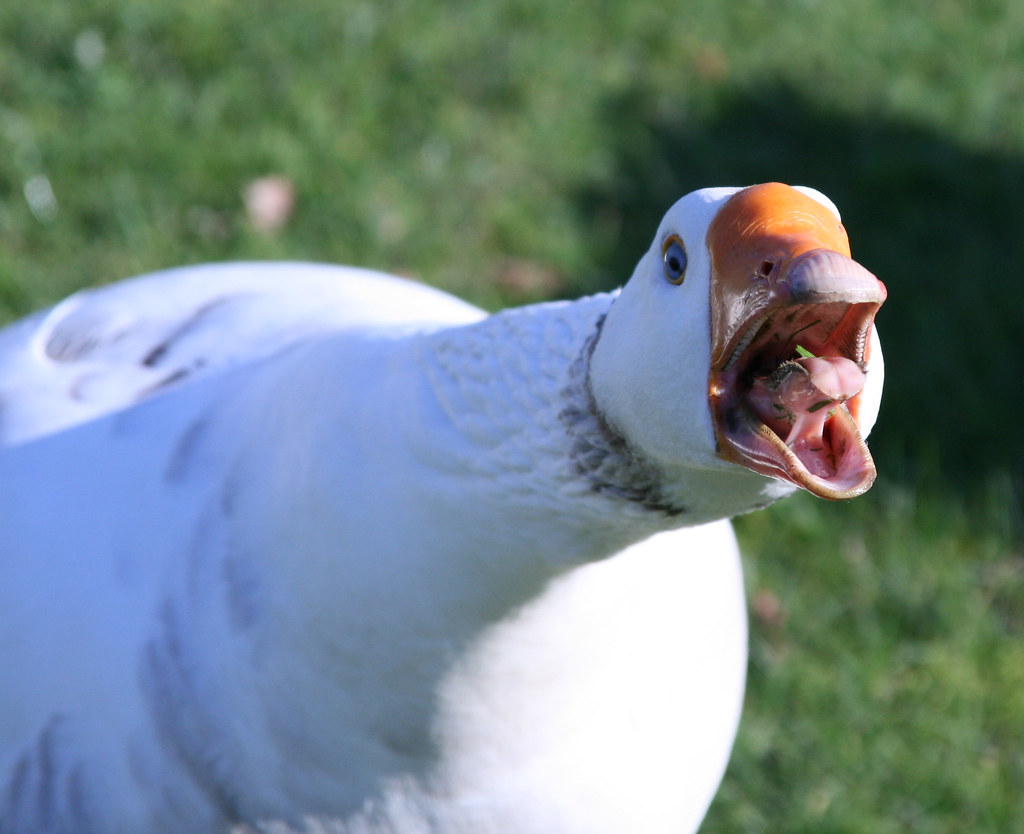 |
| This should be a field... |
When I went out to the field to collect samples, I noticed that half of the field looked almost like it had been mowed.
 |
| What happened to my plots? |
Once I inspected the plots closer, I noticed some signs as to who the culprits were.
 |
| Very suspicious... |
 |
| I'm seeing a pattern here |
 |
| More evidence |
 |
| The evidence is mounting. |
 |
| Signs of consumption and fertilization of the wheat |
So I had my answer, geese migrating south have been using the field as a rest stop. Since it's been warmer, the wheat is still growing and green. They had water to play in and a nice bunch of wheat to eat.
 |
| All the dark spots on the water in the first picture are geese. |
The noise out there was deafening. I called my advisor to let her know that we had been grazed and she thought I was on the road in town since it was so loud (they were honking like crazy). So pretty much I wasn't able to collect at the second location because geese ate half the plots.
Sometimes, things don't go right in scientific experimentation. This isn't a new revelation as there are twitter pages and numerous articles dedicated to the topic. I've just never had anything like this happen to me.
 |
| Behold, the destroyer of wheat. Photo credit: Manucampa |